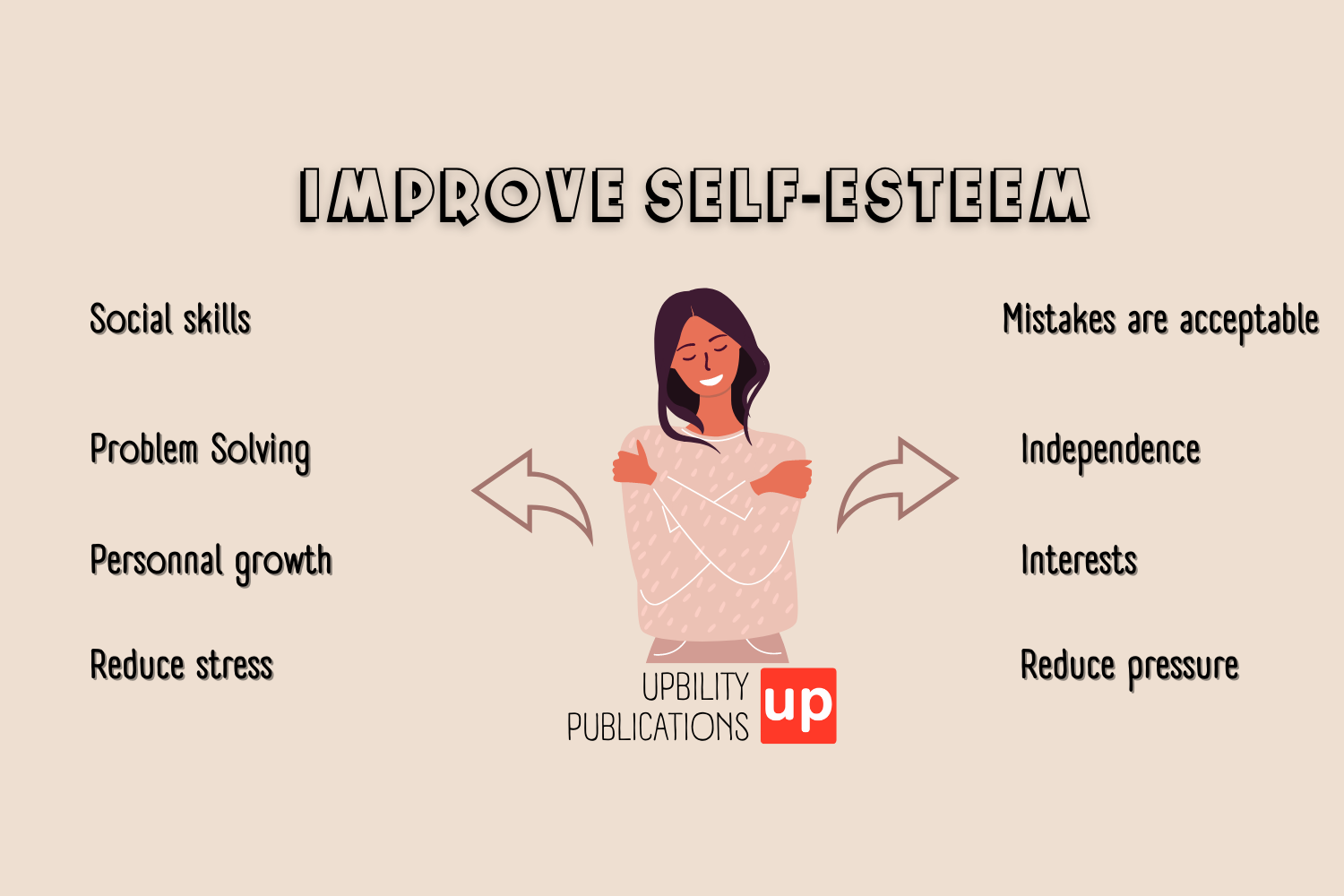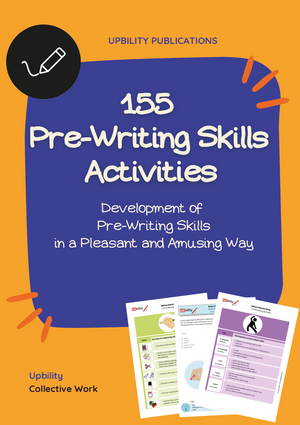
Improve Your Child's Self-Esteem With Extracurricular Activities
How to Improve Your Child's Self-Esteem With Extracurricular Activities
Children with learning disabilities (LD) struggle more with low self-esteem than their neurotypical peers. They often feel like they can't do anything without facing negative feedback from educators and peers. If this sounds like your child, extracurricular activities might be the answer!
For a child, self-esteem can be a fragile concept, so learning how to build it safely is key. Your child's participation should be met with encouragement and freedom of choice. Pressure to excel needs to be removed and replaced with support.
Explore eight ways that extracurricular activities can boost your child's self-esteem!
1. Expand Social Skills
Children with LD often have a more difficult time integrating into social groups. The problem usually results from communication issues, lack of social awareness, and impulsivity. Unfortunately, bullying and isolation can stem from this.
One benefit of extracurricular activities is team bonding. Team sports, drama clubs, and other group activities are great ways of practicing social skills in a relaxed setting.
2. Enhance Problem-Solving Skills
Certain extracurricular activities like chess and STEM clubs can nurture problem-solving skills. Since many LDs affect executive functioning, problem-solving and critical thinking are often low. Learning to solve problems independently can boost pride and confidence.
3. Encourage Personal Growth
Connecting self-esteem and extracurricular activities can help your child in the future. They might find science fascinating yet struggle in science class. Rather than giving up their dream of becoming a scientist, they can join an after-school club.
They can explore the topic in a low-pressure, fun environment. This experience can encourage them to follow their dreams and work towards their dream career.
4. Reduce Stress
Low self-esteem, coupled with other LD symptoms, can cause heavy stress for children. Without a way to relieve it, children may resort to destructive behaviors. Luckily, physical activity is a great stress-buster!
If your child has too much social anxiety to play team sports, there are multiple alternatives. Swimming, hiking, and one-on-one sports like tennis are great options.
5. Create Room for Mistakes
If you're wondering, "does my child have low self-esteem," look at how they handle mistakes. Confident children will often take mistakes in stride, learn from them, and try again. But if your child takes it personally, questions their abilities, and avoids the activity, you have your answer.
Show your child that making mistakes is a normal part of learning and that it's okay! A great way to do this is through art, music, dance, and cooking. These extracurricular activities encourage experimentation while removing strict rules.
6. Build Independence
Once your child finds an activity they love, they're likely to take more pride in their participation. Not only does this build self-esteem, but it also promotes independence. They may find themselves planning, preparing, and taking charge unassisted.
7. Discover New Interests
That old saying, "winners never quit," needs to be retired forever. Sometimes your child may try an activity that turns out to be too much pressure or otherwise not enjoyable. Let them quit; it's okay!
Allow your child to explore many different interests and try new pursuits. It relieves the pressure of having to be good at everything and allows them to enjoy the process of discovery. They're bound to find something they truly love eventually!
8. Enjoy a Low-Pressure Environment
Extracurricular activities are set in comfortable spaces and lack the formality of a classroom. They allow kids to be kids and have fun! Removing the pressures of the real world can encourage children to relax and get lost in the activity.
For a Child, Self-Esteem Is Essential!
If you're wondering how to improve your child's self-esteem, extracurricular activities are a great place to start! Besides boosting confidence, these activities have a myriad of other benefits. Increased social skills, critical thinking, and independence are some positive outcomes!
Solidify these experiences by promoting self-confidence at home. Depending on your child, self-esteem building may begin within the family unit. If you're unsure of where to start, Upbility has an extensive catalog of resources available for parents!
by Alice Kassotaki - Speech Language Pathologist MSc, BSc
copyright Upbility 2022
You can also read:
- ADHD and Lying: The Reasons Why Kids With ADHD Are Prone to Lying
- Back to School: Making it Easier for Students With Learning Disabilities
- ADHD and Substance Abuse in Teenagers A Research
- 5 Tips For A Happy Summer For Kids With ADHD
- The Impacts Of Distance Learning A Review
Suggested Books on ADHD:


